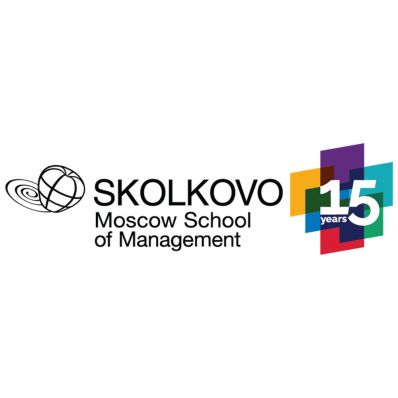CREC will involve international experts in Eurasia and will use partner resources for research in the fields of economics, business and technology development, politics, social sphere and environment of the macroregion, as well as regional, transnational and international comparative and interdisciplinary research involving China, Russia and other mainland countries.
Numerous ongoing research projects of CREC members on Eurasia will be continued under its supervision and will receive a new boost. Outside of Russia and China, the primary focus of CREC research will be Central Asia and the Caucasus, which are important for both countries.
Together with our partners, we have done significant work on launching the Center and are looking forward to continuing and developing our business relations with colleagues. The Center has serious and ambitious goals - first of all, to strengthen our cooperation in research and educational fields. CREC will also create opportunities to develop a range of interdisciplinary courses covering big data analysis, IT, business, economics, culture and politics in China, Russia and the Eurasia region” - noted Wei Shyy, President, HKUST.
The role of CREC will not be limited to research - its important task is to build a network to support the development of education and train new national and international leaders in the macroregion. The Center will conduct educational activities - global training programs, including business government sector and central banks representatives and talented students from China, Russia, Central Asia, Caucasus and beyond Eurasia. There are also plans to promote research and expertise through regional and theme conferences, seminars and summer schools.
The research agenda of the Сenter has a great future. I am sure that this work will have an exceptionally positive impact on the social and economic aspects of people's life from many countries and will help unite the interests of various groups of stakeholders” - said Yuri Levin, Dean of Moscow School of Management SKOLKOVO.
The Center will be governed by the Supervisory Board headed by two co-directors - Ye QI, Professor of Public Policy and Acting Head of the Innovation, Policy, and Entrepreneurship Thrust Area, HKUST (GZ) and Shlomo Weber, Professor, President of the New Economic School, as well as two co-chairmen - Karl Johansson, Chairman of the SKOLKOVO Institute for Emerging Market Studies and Danyang Xie, Chair Professor of Economics, HKUST and Acting Dean, the Society Hub, HKUST (GZ).
An Academic Advisory Committee has been formed to advise on CREC's growth and development, with the participation of distinguished experts, including former chief economists of the World Bank.
The development of international cooperation, especially in the field of education and research, is one of the key tasks for the Moscow School of Management SKOLKOVO. And we are constantly looking for new directions and formats of such cooperation. This is how the idea of creating a joint center with a focus of expertise on Eurasian region emerged. We see the Center as a platform that will allow us to develop research on the School’s key topics such as sustainable development, digital transformation, energy transition, as well as to launch new ones. We are ready to become a reliable intellectual partner for the government and business in these areas” - pointed Evgeny Kaganer, a member of the CREC Management Committee, Dean for Academic Affairs of Moscow School of Management SKOLKOVO.
CREC will be based in Guangzhou, the capital of the southeastern province of Guangdong with a population of 110 million people and a GRP of about $ 1.5 trillion per year, and Moscow (14% of the population and 25% of Russia's GDP), due to the scale and prospects of cooperation between this province and Russia, especially Moscow and the Moscow region.
Today great changes are taking place in all areas of our life, and the Eurasian region is beginning to play an increasingly important role in the new multipolar world. CREC will not only analyze these changes, but will also provide solutions to numerous emerging challenges. The Center already conducts research on income and social mobility, various aspects of international trade and investments, technological development, economic diversification and sustainable development in China, Russia, Kazakhstan and other countries of Eurasia” - added Shlomo Weber, Professor, President of the New Economic School.
